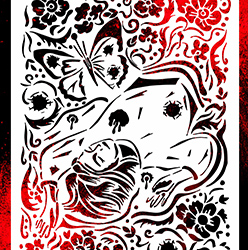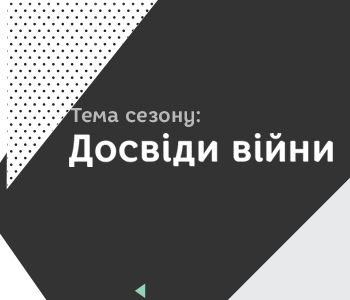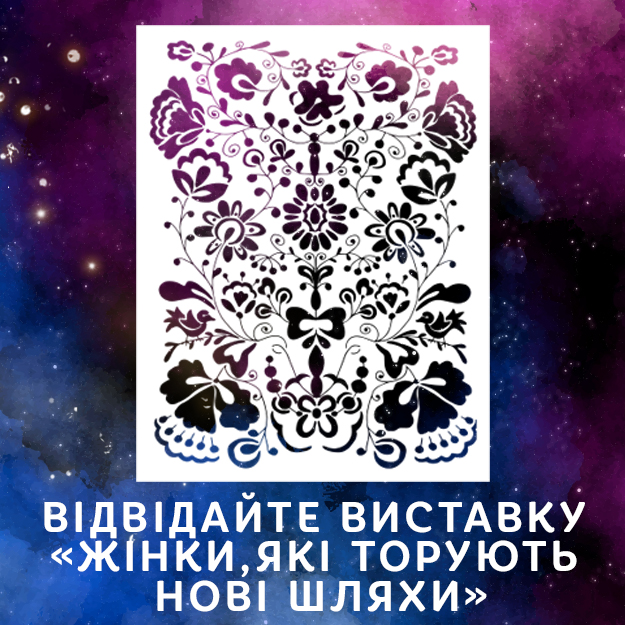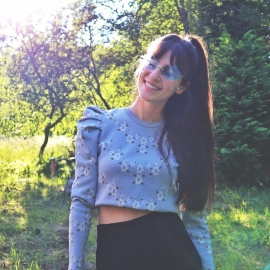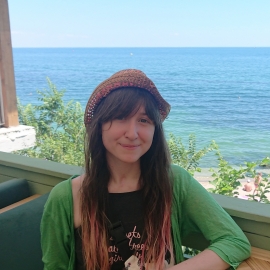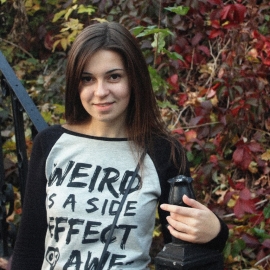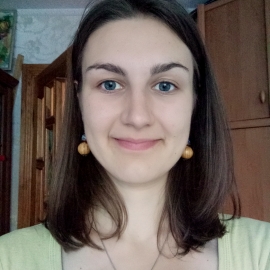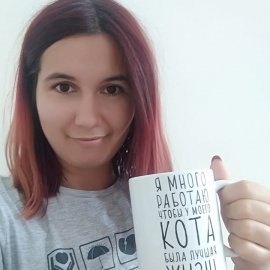- Тема сезону
- Спецрубрики
- Література
- Сексуальна освіта
- Безстрашні: вони творять фемінізм в Україні
- Поради батькам
- Юридична консультація
- Впливові: світ
- Впливові: Україна
- #HeForShe
- #Сексизм_патруль
- Collection of English Literature on Gender Issues in Ukraine
- Приятельська рекомендація
- Жінки в цифровізації
- «Жінки, які торують нові шляхи»
- Здоровий егоїзм у материнстві
- Освіта й гендер під час війни
- Бібліотека
- Спільнота
- Мультимедіа
- Новини
- Про нас
14 січня, 2026
Collection of English Literature on Gender Issues in Ukraine
The purpose of this collection is to make it easier for academic scholars as well as other interested readers to access knowledge about Ukrainian gender issues in English. Considering that all political and social spheres in Ukraine are intertwined with gender issues, this collection was limited to research that has gender as its primary focus. Publications that address Ukrainians living outside of Ukraine are not included, nor are historical publications unless they link directly to present-time issues. The publications are divided into themes, hence covering gender inequality in labour market participation, political power, family relations, gender-based violence, cultural understandings of feminism, femininity and masculinity, LGBT-issues and activism. To grasp the relative level of gender equality in Ukraine, wide-reaching cross-national reports are included. Within each theme, the content of the publications and their most important findings are briefly described. The material was compiled by Ane Kristiansen.
Попередні Теми Сезону
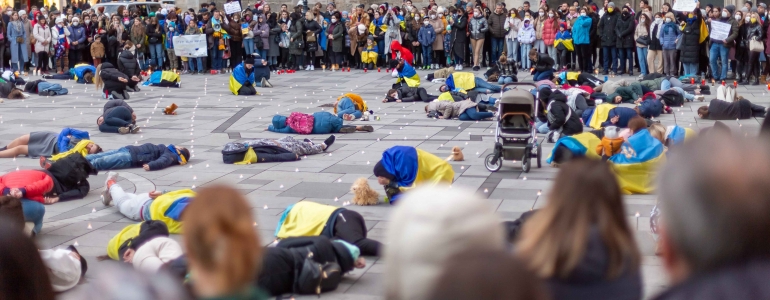
Yana Radchenko
Sexual violence is being used as a weapon of war. The occupiers employ it as a simple and effective tool to achieve their goal: to destroy the morale and patriotic spirit of Ukrainian society. What do we know about this shameful practice and how can we resist it?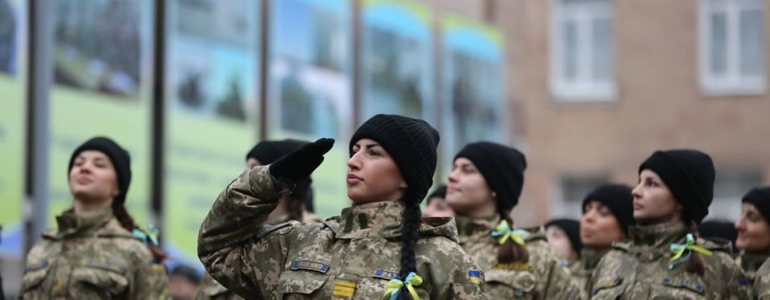
Hanna Hrytsenko
The Russian military invasion of Ukraine in early 2014 marked the beginning of military reform. Women were an important part of this process, initiating a number of changes 'from below' that had a positive impact on the security sector and gender equality.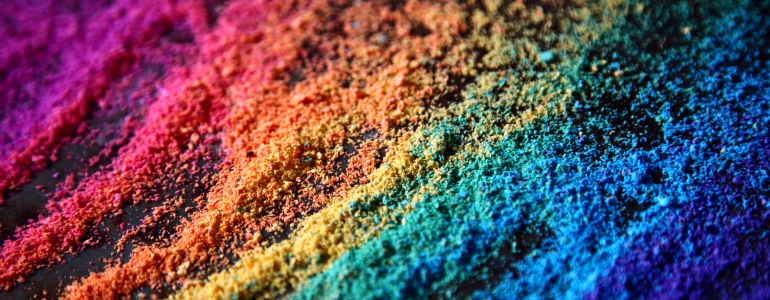
Inna Iryskina
The Ukrainian movement for LGBT+ rights is characterised not only by its struggles, but also by its achievements. Talking about the experience of transgender people, activist Inna Iryskina explains why minorities in Ukraine have their own subjectivity and agency, and how considering their experience can motivate the collective West to reassess its attitude towards Ukraine.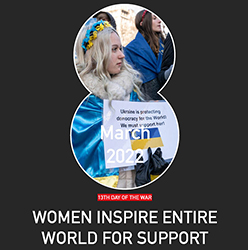
In 2022, International Women's Day gained new implications because of the war experiences of millions of Ukrainian women.
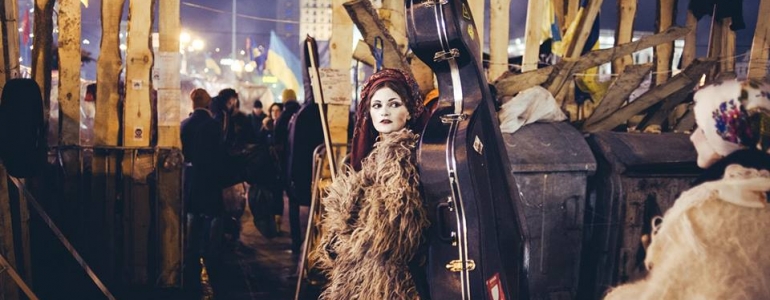
Hanna Hrytsenko
Big changes consist of small steps. In the five years since Euromaidan, Ukraine has seen many societal transformations, including gender transformations. Feminist initiatives, new laws, and government programs summarize the main achievements of 2014-2019.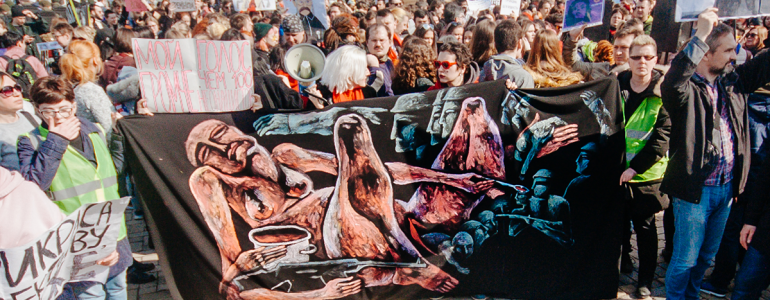
Hanna Hrytsenko
Feminism criticises war as a purely patriarchal phenomenon and the consequence of a masculine struggle for power and territory. In a perfect feminist world, there should be no wars. This text is written during the seventh year of the war that the Russian Federation has been waging against Ukraine. The article outlines and analyses the different attitudes to war among Ukrainian feminists. The position ‘war is men's toys, militarism is bad’ is very simplistic and extremely risky in the case of Ukraine, and this text aims to prove that.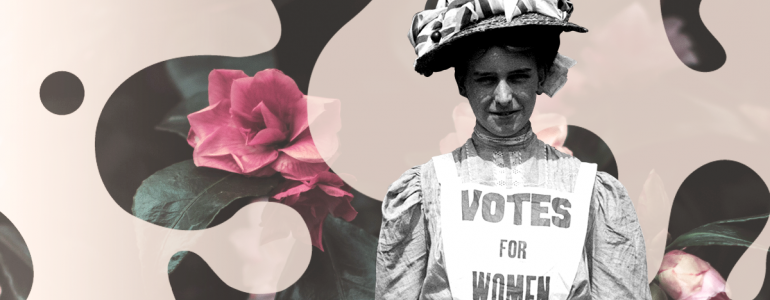
Oksana Kis
What have feminists achieved in three decades of Ukrainian independence? Quite a lot indeed. Gender studies formed as a field of research and education; the women’s movement evolved from a conservative perspective on femininity to feminist political action; Ukrainian feminism developed multiple ideological schools; cooperation with the state has both pros and cons. Women’s activism is the most radical part of the emancipation process. The third and last part of Oksana Kis’ research tells about feminist street protests, open letters, informational publications, and other forms of activism.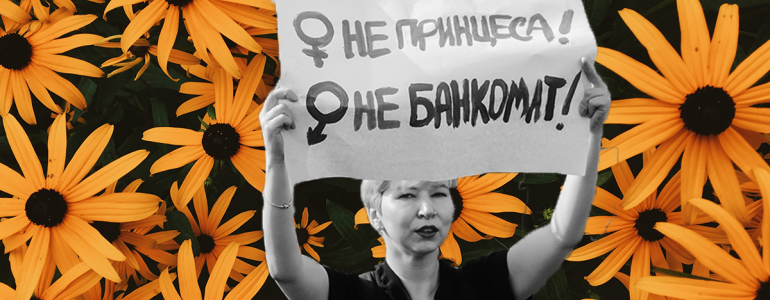
Oksana Kis
What have feminists achieved in three decades of Ukrainian independence? Quite a lot indeed. Gender studies formed as a field of research and education; the women’s movement evolved from a conservative perspective on femininity to feminist political action; Ukrainian feminism developed multiple ideological schools and groups. For decades the state has been playing a double game—it pays lip service to gender equality, while in reality passing all responsibility to the NGO sector. The second part of Oksana Kis’ research talks about the background, threats, and prospects of cooperation between the women’s movement and the state.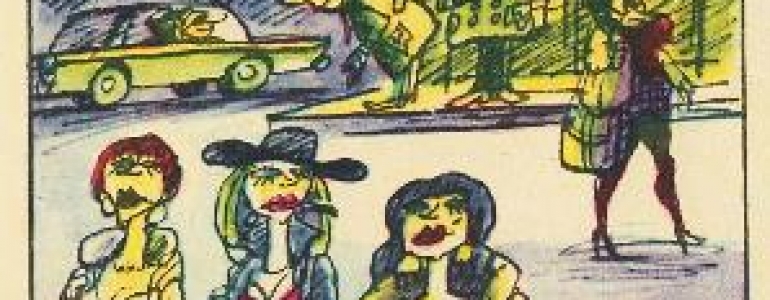
Katerina Eremeeva
The 1991 USSR collapse did not assume the end of everything Soviet. The new states inherited elements of the Soviet culture, mentality, consciousness, everyday practices and, of course, stereotypes. All this has required careful reflection and revision. Gender prejudices assimilated in the previous era are still part of our daily lives. We often reproduce them without realizing their origin. What, for example, was the female image and gender roles in the Soviet culture?